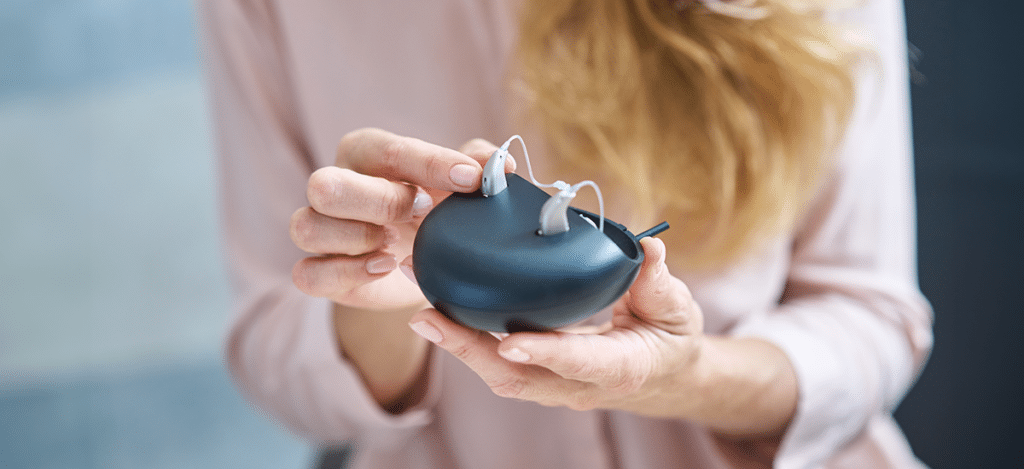Common Myths About Hearing Loss Debunked
Many individuals hold misconceptions about hearing loss, which can hinder their willingness to seek help. For instance, some believe that hearing loss only affects the elderly or that it is a natural part of aging that cannot be treated. In reality, hearing loss can affect people of all ages and can often be managed with appropriate interventions.
Understanding these myths is crucial for encouraging proactive hearing health management. Education about hearing loss can lead to earlier diagnosis and treatment, improving quality of life. For example, recognizing that exposure to loud noises can lead to hearing loss can motivate younger individuals to adopt protective measures.
The Importance of Regular Hearing Check-Ups
Regular hearing check-ups are vital for maintaining auditory health, yet many people neglect this important aspect of wellness. These check-ups can help identify hearing issues before they become severe, allowing for timely intervention. Audiologists recommend that adults have their hearing tested at least once every three years, or more frequently if they notice any changes in their hearing.
During a check-up, audiologists can assess hearing ability, provide personalized recommendations, and discuss protective strategies against further hearing loss. For instance, individuals frequently exposed to loud environments, such as musicians or construction workers, may require more frequent evaluations to monitor their hearing health.
Tips for Communicating Effectively with Hearing Loss
Effective communication is essential for maintaining relationships, especially for those with hearing loss. Strategies such as facing the person you're speaking to, minimizing background noise, and using clear speech can significantly enhance understanding. It's also beneficial for individuals with hearing loss to inform their conversation partners about their needs, fostering a more inclusive environment.
Additionally, utilizing assistive technologies, such as hearing aids or communication apps, can further bridge the gap in conversations. For example, many smartphones now have apps that transcribe speech in real-time, providing an alternative for those who may struggle with traditional hearing aids in certain situations.
Exploring Advanced Hearing Aid Technologies
The field of hearing aids has evolved dramatically, with advancements that cater to a wide range of hearing needs. Modern hearing aids are equipped with features like Bluetooth connectivity, noise cancellation, and customizable sound profiles, enhancing the listening experience for users. These technologies allow individuals to connect their hearing aids to smartphones and other devices, streamlining communication and entertainment.
Moreover, many hearing aids now offer health tracking features, monitoring user activity and providing insights into overall well-being. This integration of technology not only improves hearing but also promotes a more active lifestyle, making it easier for users to stay engaged in their daily activities and social interactions.











